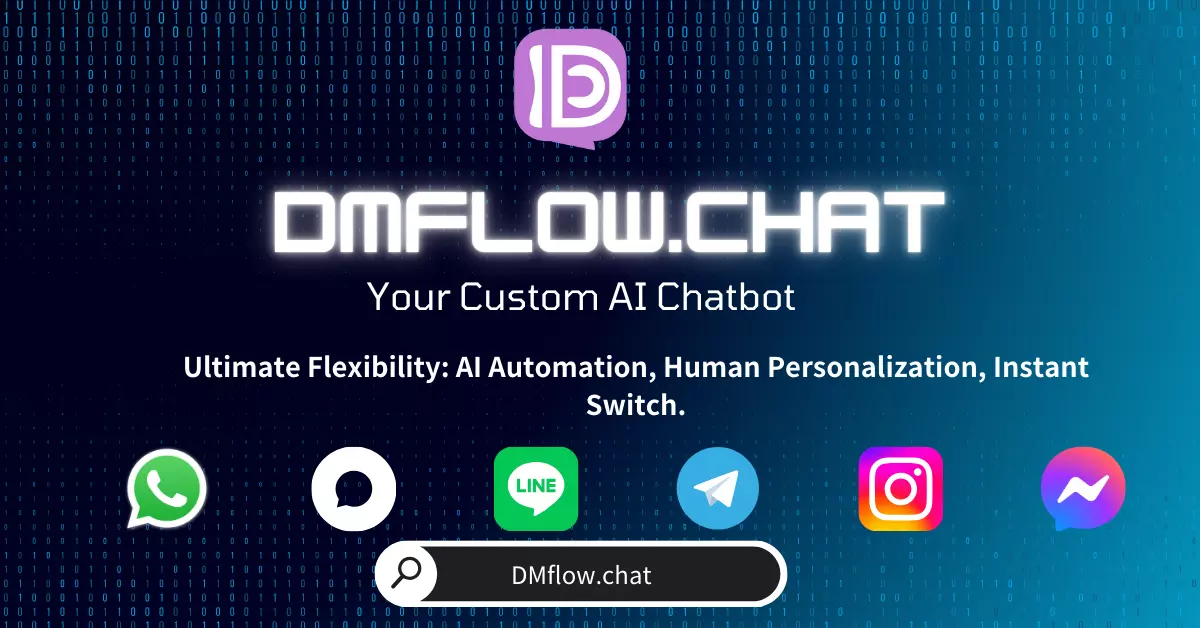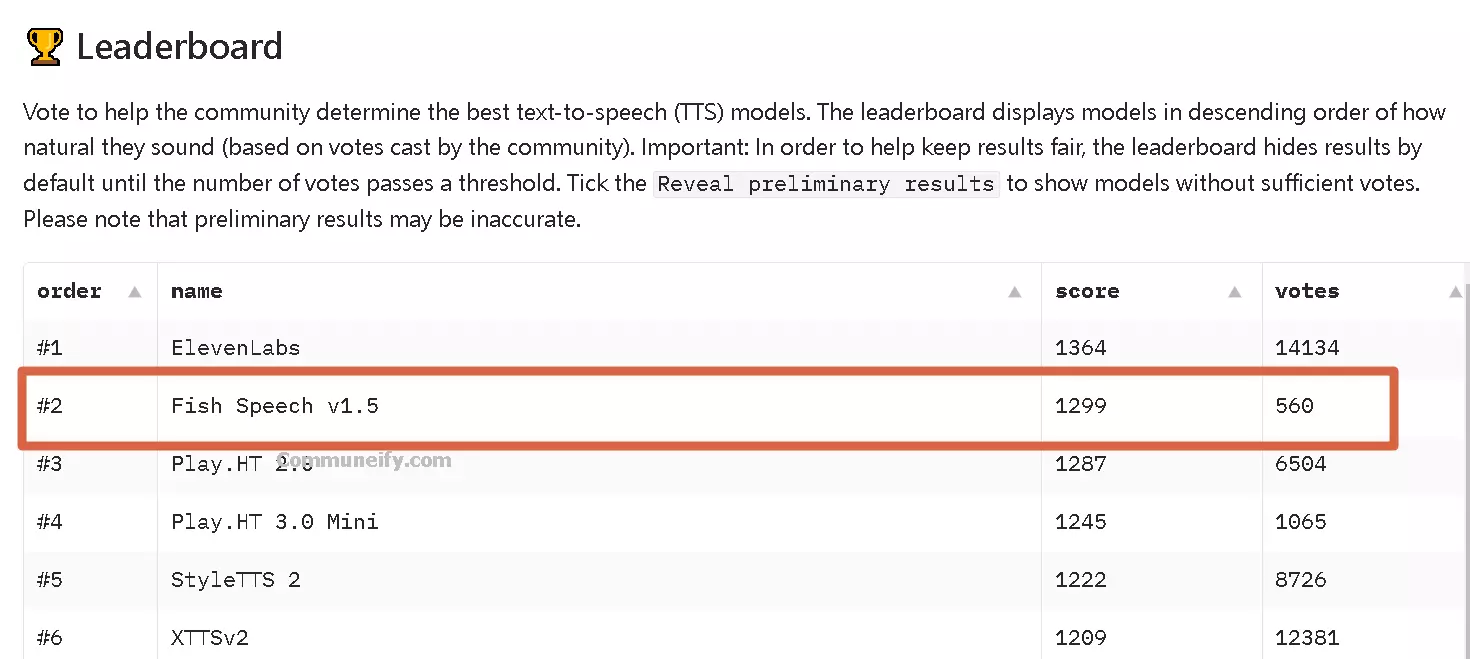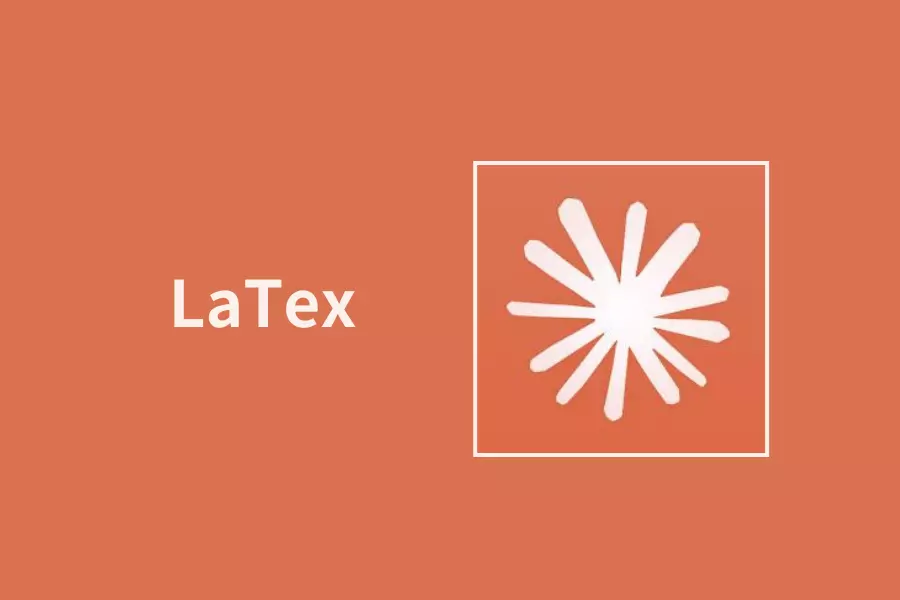Anthropic’s Latest Citations API: Making Claude’s Responses More Reliable and Transparent
Explore Anthropic’s latest Citations API, a feature that enables the Claude AI model to cite source documents in its responses, enhancing the credibility and accuracy of AI-generated answers. Learn how the Citations API provides developers with powerful tools for applications like document summarization and customer service systems.
Introduction: Enhancing the Credibility and Transparency of AI Responses
In the rapidly evolving era of artificial intelligence (AI), ensuring the accuracy and credibility of AI responses has become increasingly important. Anthropic’s newly launched Citations API addresses this challenge by allowing the Claude AI model to directly cite specific sentences and paragraphs from source documents, providing users with more reliable and transparent information.
What is the Citations API?
The Citations API is a new feature introduced by Anthropic for its Claude AI model. It enables developers to link Claude’s responses to source documents, such as PDFs, Word documents, and emails. When Claude answers questions or generates content, it explicitly cites the specific paragraphs and sentences from which the information is derived, similar to citations in academic papers.
Core Advantages of the Citations API
- Improved Accuracy: By citing original documents, the API reduces the risk of the AI model generating false information, ensuring responses are based on reliable sources.
- Enhanced Credibility: Users can trace the source of information, verifying the authenticity of AI responses and increasing trust in AI.
- Greater Transparency: Clear citations show the origin of information, helping users understand how the AI arrived at its conclusions and improving the explainability of AI responses.
- Simplified Development Process: Developers can implement citation functionality without complex prompt engineering, saving time and costs.
Applications of the Citations API
The Citations API has a wide range of applications. Here are some common use cases:
- Document Summarization:
- The Citations API helps Claude summarize lengthy documents, such as legal contracts, research papers, and business reports.
- While summarizing, Claude cites the corresponding sentences and paragraphs from the original document, allowing users to quickly verify the accuracy of the summary.
- This is particularly useful for users who need to quickly understand large volumes of content.
- Customer Service Systems:
- Businesses can use the Citations API to build customer service systems based on product manuals or FAQs.
- When users ask questions, Claude can retrieve answers from relevant documents and cite the sources, ensuring the reliability of the responses.
- This improves the efficiency and quality of customer service.
- Question-Answering Systems:
- The Citations API can be used to create question-answering systems where Claude retrieves answers from large knowledge bases or documents.
- Claude cites the source documents when answering questions, enabling users to verify the accuracy of the answers.
- This is ideal for academic research and professional fields that require precise information.
- Content Creation:
- The Citations API assists content creators in citing reliable sources during the writing process, enhancing the professionalism of their work.
- This helps produce more rigorous and credible articles and reports.
Technical Details of the Citations API
The Citations API works as follows:
- Document Segmentation: The API divides the user-provided document into small “chunks,” such as sentences or paragraphs.
- Context Passing: These chunks are passed to the Claude model along with the user’s question.
- Citation Generation: Claude automatically identifies relevant chunks and includes citations in its response.
- Link Presentation: Users can follow these citations to trace the information back to specific locations in the original document.
The Citations API currently supports the Claude 3.5 Sonnet and Claude 3.5 Haiku models and is available on the Anthropic API and Google Cloud’s Vertex AI platform.
Combining Citations API with RAG
The Citations API can be even more powerful when combined with Retrieval Augmented Generation (RAG). In the RAG approach, the system first retrieves relevant document snippets based on the user’s question and then provides these snippets to the AI model to generate an answer. The Citations API allows Claude to cite these retrieved snippets, further improving the accuracy and credibility of the answers.
Conclusion: Bringing Trust and Reliability to AI Applications
Anthropic’s Citations API is a significant innovation that brings greater trust and reliability to AI applications. By citing source documents, the API makes AI responses more transparent and verifiable, which is crucial for fields requiring precise information. Both developers and users can benefit from this new technology, driving the advancement of AI together.
Frequently Asked Questions (FAQ)
- Which Claude models support the Citations API?
- The Citations API currently supports the Claude 3.5 Sonnet and Claude 3.5 Haiku models.
- On which platforms is the Citations API available?
- The Citations API is available on the Anthropic API and Google Cloud’s Vertex AI platform.
- How does the Citations API improve the accuracy of AI responses?
- By citing original documents, the API reduces the risk of the AI model generating false information, ensuring responses are based on reliable sources.
- What are some applications of the Citations API?
- The Citations API can be used for document summarization, customer service systems, question-answering systems, and content creation.
- Does using the Citations API require complex prompt engineering?
- No, the Citations API simplifies the development process, allowing developers to implement citation functionality without complex prompt engineering.
Related Links:




